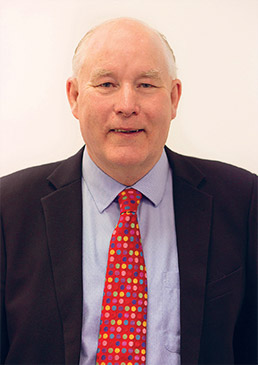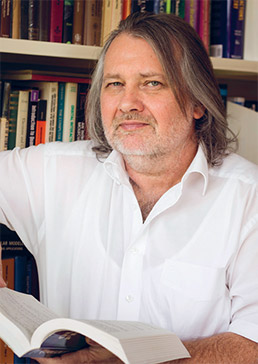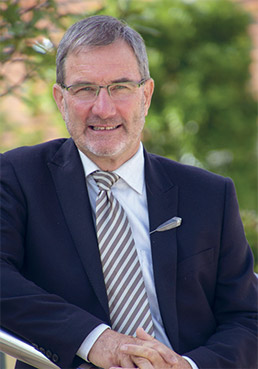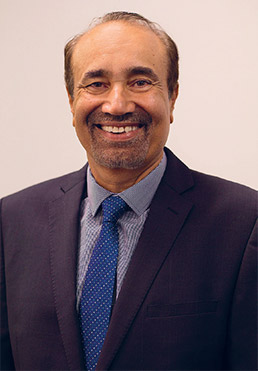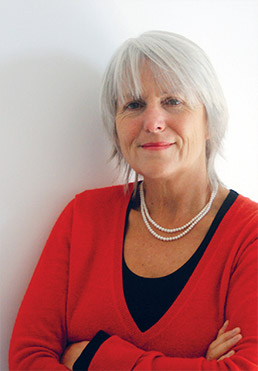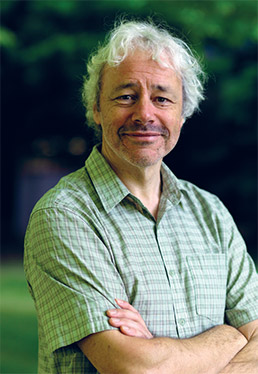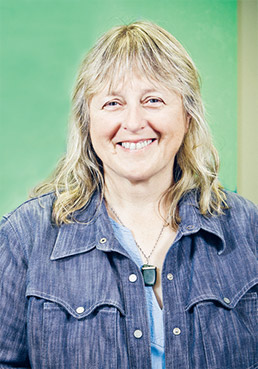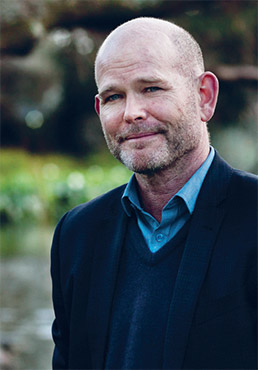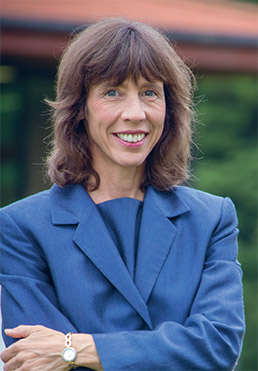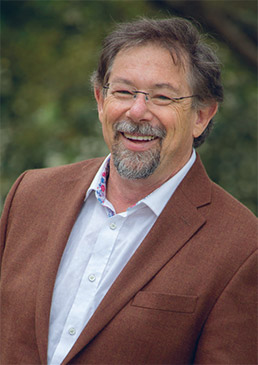
Photo by Dave Wiltshire
Distinguished Professor Gaven Martin
Distinguished Professor since 2004
Gaven Martin is a founding director of Massey’s New Zealand Institute for Advanced Study. His PhD is from the University of Michigan, under the supervision of world-renowned mathematician Frederick Gehring. From 1986 to 1988, he was a Gibbs Assistant Professor at Yale University. In 1992, he was awarded a personal chair at the University of Auckland. Professor Martin has been at Massey since 2004.
His research interests are quasiconformal mappings, regularity theory for partial differential equations, and connections between the theory of discrete groups and low-dimensional topology.
Professor Martin is Visiting Professor at the Institute for Advanced Study at Princeton, Visiting Fellow at Magdalen College, Oxford, and Miller Distinguished Professor at Berkeley. He has fellowships from the Swedish and the Finnish Academies, and is Fellow at the Institute for Pure and Applied Mathematics (Los Angeles).
In 2009, he was the first New Zealand academic to deliver the prestigious annual Taft Lectures at the University of Cincinnati, joining the long list of eminent mathematicians who have presented these public lectures since 1931. Professor Martin is a Fellow of the Royal Society Te Apārangi, the American Mathematical Society and the New Zealand Mathematical Society and a Foreign Member of the Finnish Academy of Science and Letters, the first New Zealander to be recognised.
